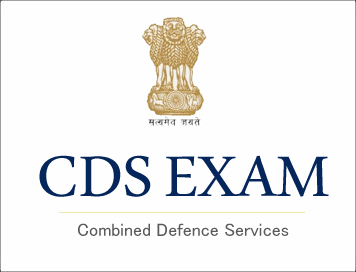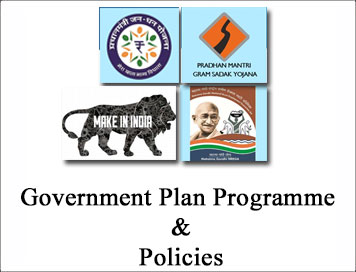PARA
India is facing the problem of "twin balance sheet problem", where both the banking and corporate sectors were under stress. Not just a small amount of stress, but one of the highest degrees of stress in the world. At its current level, India's NPA ratio is higher than any other major emerging market (with the exception of Russia), higher even than the peak levels seen in Korea during the East Asian crisis. Typically, countries with a twin balance sheet (TBS) problem follow a standard path. Their corporations over-expand during a boom, leaving them with obligations that they can't repay. So, they default on their debts, leaving bank balance sheets impaired, as well. This combination then proves devastating for growth, since the hobbled corporations are reluctant to invest, while those that remain sound can't invest much either, since fragile banks are not really in a position to lend to them. This model, however, doesn't seem to fit India's case. True, India had boomed during the mid-2000s along with the global economy. But it sailed through the GFC largely unscathed, with only a brief interruption in growth before it resumed at a rapid rate.
For some years, it seemed possible to regard TBS as a minor problem, which would largely be resolved as economy recovery took hold. But more recently it has become clear that this strategy will not work. Growth will not solve the problems of the stressed firms; to the contrary, the problems of the stressed firms might actually imperil growth.
To avoid this outcome, a formal agency may be needed to resolve the large bad debt cases - the same solution the East Asian countries employed after they were hit by severe TBS problems in the 1990s. In short, the time may have arrived to create a 'Public Sector Asset Rehabilitation Agency'.
It has now been eight years since the twin balance sheet problem first materialised, and still no resolution is in sight. And because the financial position of the stressed debtors is deteriorating, the ultimate cost to the government and society is rising - not just financially, but also in terms of foregone economic growth and the risks to future growth.
The Survey shows that our country has been trying to solve its 'Twin Balance Sheet'(TBS) problem - overleveraged companies and bad-loan-encumbered banks, a legacy of the boom years around the Global Financial Crisis. So far, there has been limited success. The problem has consequently continued to fester: Non-Performing Assets (NPAs) of the banking system (and especially public sector banks) keep increasing, while credit and investment keep falling. Now it is time to consider a different approach - a centralised Public Sector Asset Rehabilitation Agency (PARA) that could take charge of the largest, most difficult cases, and make politically tough decisions to reduce debt.






 Step1:
Step1:


